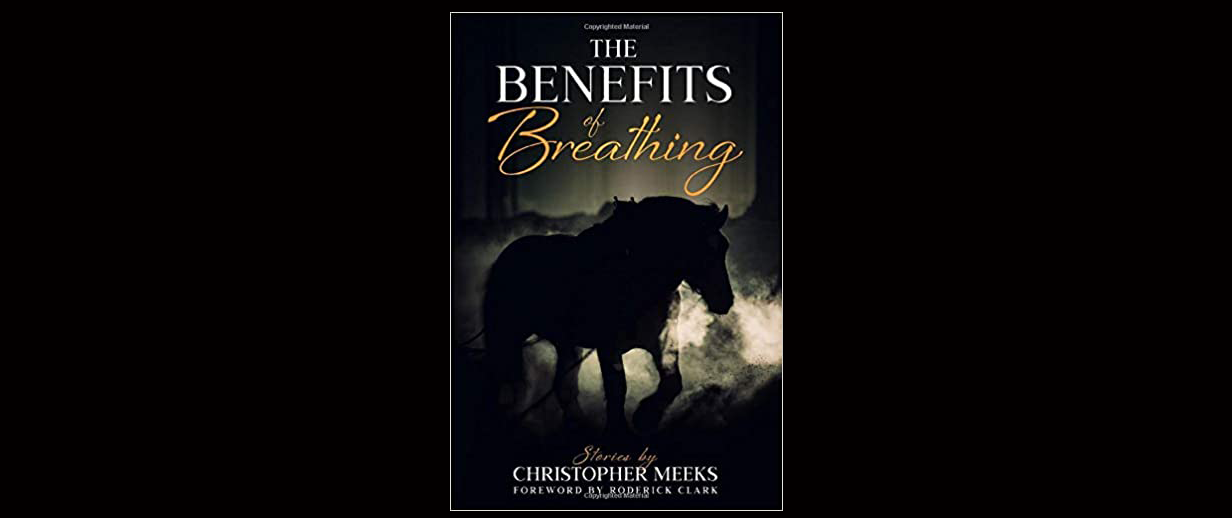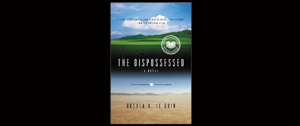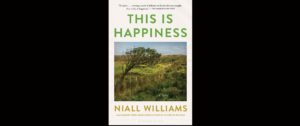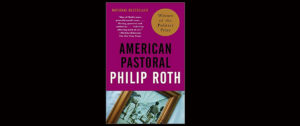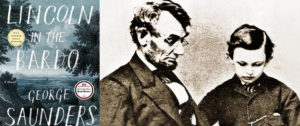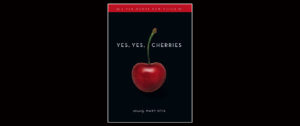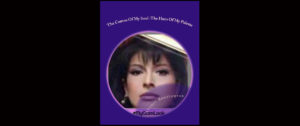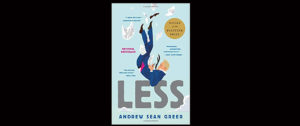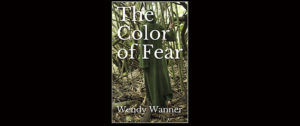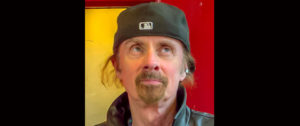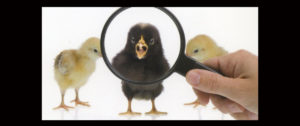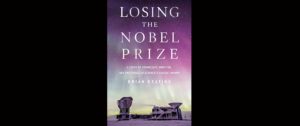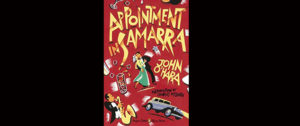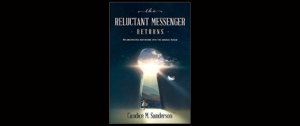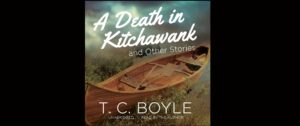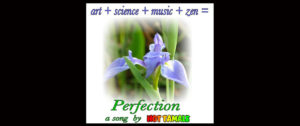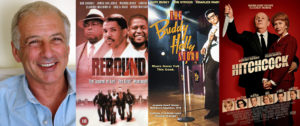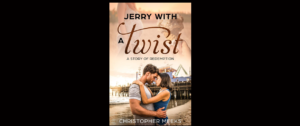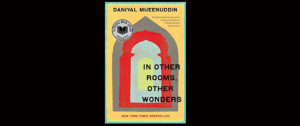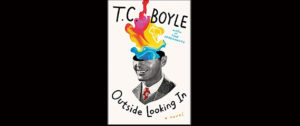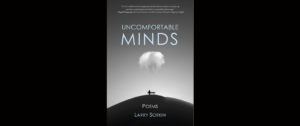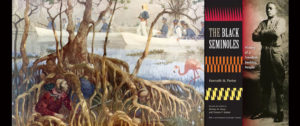Five Stars!
The Benefits of Epiphany
Writing a book review requires me to think more deeply about the book than I otherwise would. This is why for me, writing a book review is always rewarding. But the benefits of every book I read and of every review I write are not equal. My reward for reading Christopher Meeks’s marvelous collection of eleven stories, The Benefits of Breathing, was no less than an epiphany about great literature generally and specifically an insight into why this compendium of short fiction is great literature.
An undisputed maxim, or nearly so, proffered by the liberal intelligentsia of literature, the literati, and the women of letters states that great fiction speaks to the human condition in a way that is timeless, that is universal. It withstands the tests of time. It is always timely.
Consider Huckleberry Finn. Maltreated and then orphaned in his late prepubescence or early puberty, his spirit resonates as though it could belong to a boy or boys we know or would definitely want to know, boys who interest us, boys whose fate we come to care about. Generation after generation of readers of The Adventures of Huckleberry Finn have felt profound empathy for him, feelings one would think we could only have for someone who was or had been real. You will feel this way about the main characters in The Benefits of Breathing. I did.

I am not saying that Christopher Meeks is a latter-day Samuel Clemmons. I couldn’t say that because the fiction of Christopher Meeks is sui generis, as exemplified by the stories in The Benefits of Breathing.
The earliest treatise on creative writing in the western canon was The Poetics by Aristotle. Here the genesis of literary fiction first germinated from Aristotle’s rule that art imitates life. For a play to succeed, what the audience sees on the stage must be believable. The players obviously are acting. But what they portray must be believed by the members of the audience. If it isn’t, the play fails: it isn’t art. This has led to some unpleasant results, an exaltation of boring novels, such as those written by Henry James, or botched editing, such as Gordon Lish’s hatchet jobs on stories authored by Raymond Carver or Tom Jenks’s butchering of Hemmingway’s Islands in the Stream. But life isn’t always boring or minimal: For the most part Aristotle was correct about art mimicking life.
There are no shortcuts (or editing cuts) in The Benefits of Breathing. Each of these stories palpitates with breath, is so visceral that the reader feels she is standing on a border separating reality and fiction if not solidly and safely within the jurisdiction of reality. And yet, the foibles and problems, the self-pity and self-deprecation of Meeks’s characters are anything but boring.
This leads me to Aristotle’s second rule. Just as for Caesar all of Gaul was divided into three parts, for Aristotle all of poetry, fiction in contemporary parlance, is divided into two parts: Comedy (low poetry) and tragedy (the good stuff). Are we to think of The Clouds by Aristophanes as low art? You could argue with Aristotle were he alive, or you could read The Benefits of Breathing, where Mr. Meeks elegantly shows that between tragedy and comedy, there often is no breathing room. This was the gift of an epiphany I was given by The Benefits of Breathing.
The stories in The Benefits of Breathing are unlike the stories in Dubliners by James Joyce, where the reader expects to find an epiphany concluding the story. Like humor, epiphanies permeate the pages of The Benefits of Breathing. You could be surprised at any time.
Groucho Marx said, comedy is when the other guy gets hit in the face with a pie. Tragedy is when it happens to you. In The Benefits of Breathing, Christopher Meeks merges the experience of a major character being hit in the face with a pie (though more akin to being raked by a howitzer), and though anesthetized by the pain overanalyzes his or her sudden and unexpected predicament.
I don’t want to summarize these stories. I don’t want to write any spoilers. Instead I’ve prepared a sampling of quotes with some narration about context as a sampling of the benefits this story collection has to offer.
For a human, what’s the essence of a dog? Mr. Meeks wraps up “A Dog Story” with an answer that’s as elegant as any I could imagine:
“On the worst Mother’s Day ever, Chelsea squeezed her head, not wanting to cry as she felt her eyes pooling. [Her] dog (Scrappy) jumped onto her lap and then jabbed his feet into her chest. His tongue slid across her cheek—a simple beautiful touch.”
From “Jerry with a Twist” about getting your priorities in order:
“Jerry lay twisted on his bed as if God had turned him into a frog’s leg ready to leap. He worried about many things—about their bills, about the birth of his son due in a few weeks—what if the boy comes out deformed or otherwise damaged? —and about the dent he made in his car door in the parking lot.”
From “You Wreck Me, Baby.” Alexa has left Javier, ending a fourteen-year marriage. This is a theme common to the stories but always told in a different key, at a different tempo, and with a different and surprising ending. After returning one evening from walking the dogs that Alexa has left with him, Javier feels a corkscrew of a kidney stone twisting into his body:
“I yelled into the air. This was the exclamation point to my eventful year.”
Javier calls 911 and is taken to the hospital by ambulance. When the $1,200 bill for the ambulance service arrives a week later, he realizes he could have taken an Uber for $12. His year isn’t getting better.
When an attendant asks Javier if he can take his vitals, we are treated to Javier’s thoughts:
“He wouldn’t find any.”
After sitting in the hospital corridor for twenty minutes, Javier stops a young woman in a pink uniform.
“‘What’s happening?’ I asked. ‘I feel abandoned.’
“‘Would you like a mental health counselor?’ She looked me up and down.
‘“I have a kidney stone. Isn’t anyone going to do anything?’
‘“About your feeling abandoned?’”
From my favorite story in the collection, “Nestor by the Numbers:”
“Dating was a bizarre entertainment, he decided, akin to sky diving or ski jumping. We were all just falling. In fact, he started wondering how any two people on Earth stayed married. Everyone had such different needs, outlooks, motivations, and personalities. Perhaps we were all alone.
“He felt like punching God.”
And from “A Warm Front Appears to be Moving from California Deep into Minnesota”:
“I was too much like Charlie Brown, always running for the football of love.”
After reading these eleven stories, after laughing and crying with the characters because their pain was so real, I came to this statement by Mr. Meeks in the Acknowledgements.
“This isn’t to say these stories aren’t mostly autobiographical.”
As Joe Biden would say: C’mon man.
Lorem ipsum dolor sit amet, consectetur adipiscing elit. Ut elit tellus, luctus nec ullamcorper mattis, pulvinar dapibus leo.

